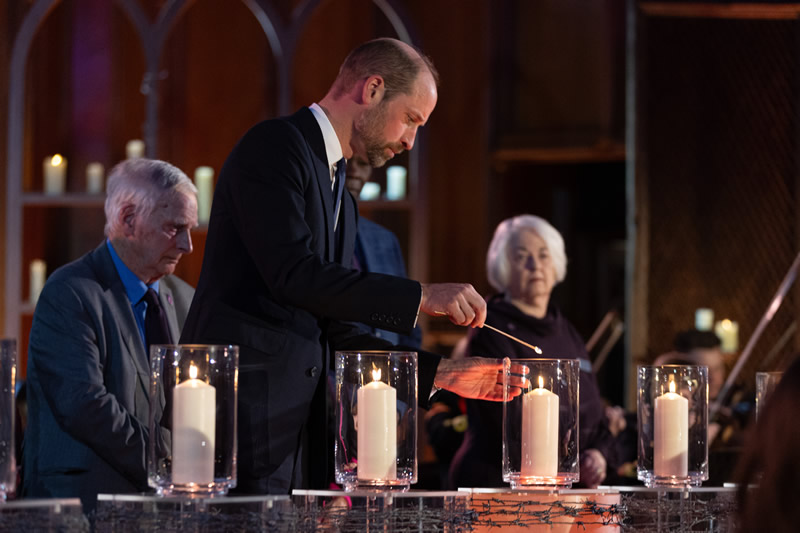
Holocaust Memorial Day
This is a national day that takes place on 27 January. Explore our life stories of survivors and those who were murdered, schools materials, films, images and more to help you plan your own HMD activity.
Explore new resources for HMD 2026 - Available Now.
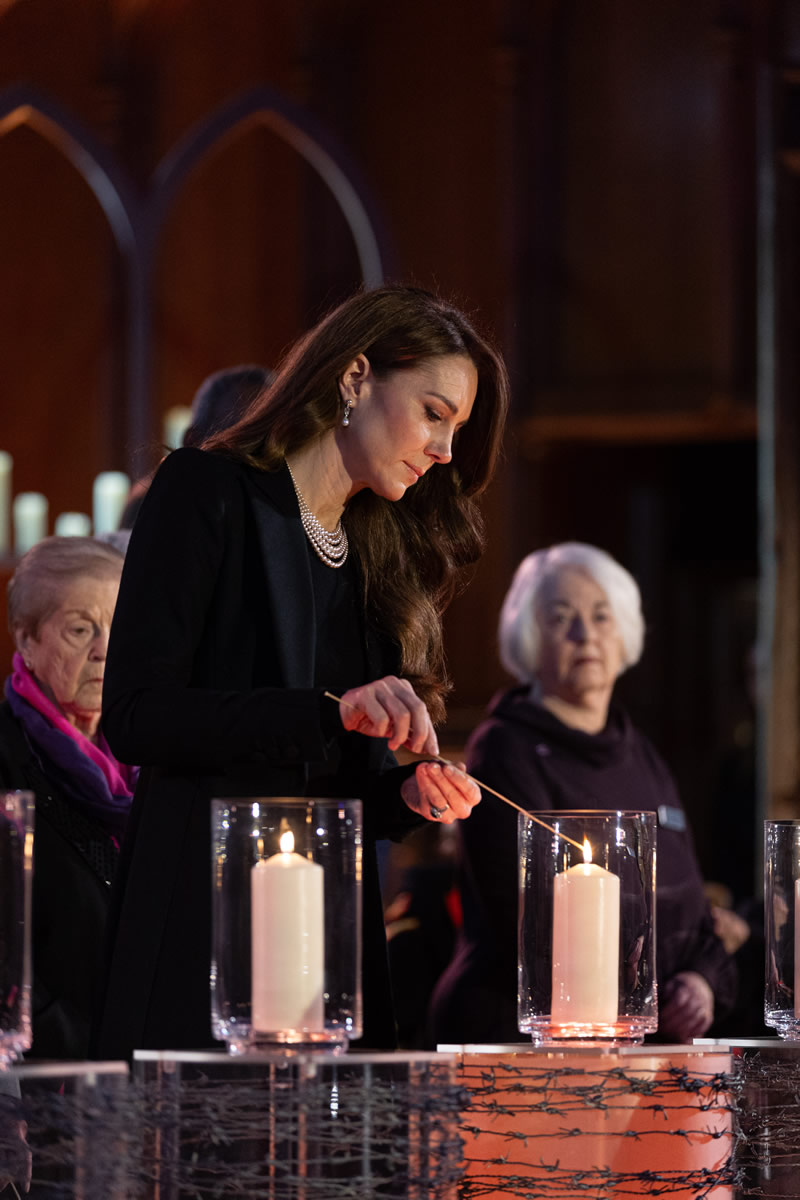

This is a national day that takes place on 27 January. Explore our life stories of survivors and those who were murdered, schools materials, films, images and more to help you plan your own HMD activity.

The theme for HMD 2026, Bridging Generations, is a reminder that the responsibility of remembrance does not end with the survivors - it lives on through their children, their grandchildren and all of us.
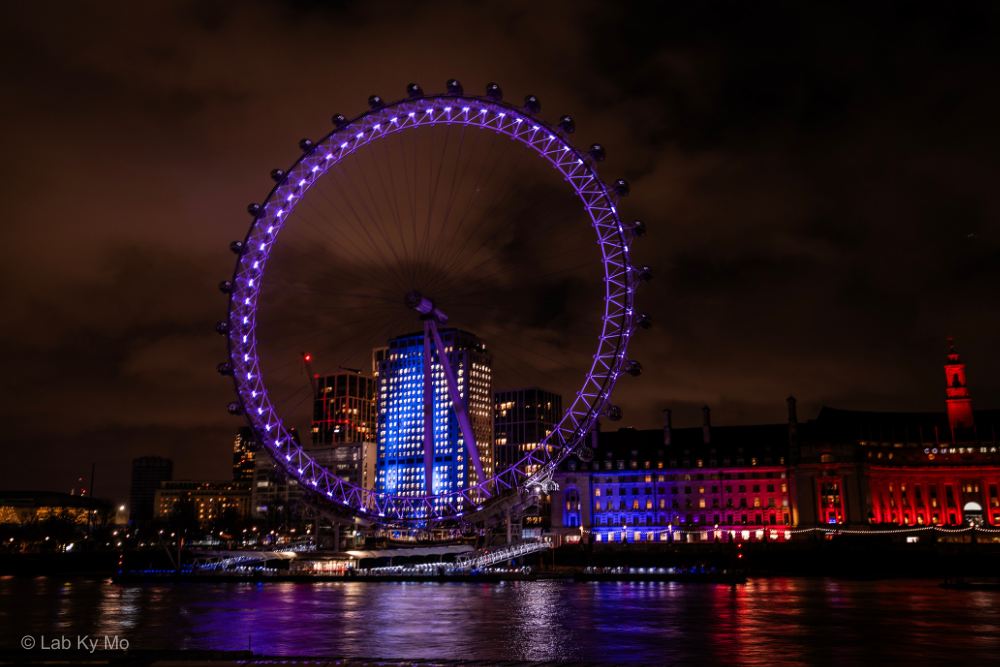
Join us for our national moment when the nation comes together to remember the darkness of the past and to create light together, standing against prejudice and hatred today.

These beautiful commemorative candles are now available to purchase. We also have stickers, flyers and pin badges to use in your activities. All funds raised support our work.
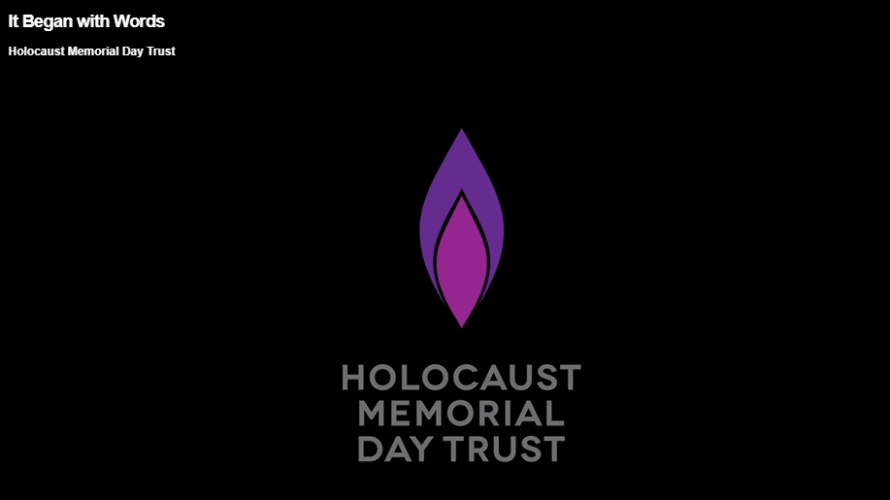
Our new Holocaust Memorial Day film is now available. The film explores how the Holocaust began, its lasting effects and its impact on the wider world today.

We are delighted to announce the launch of our new education resources to help schools, community groups and individuals mark HMD.

Retrace the steps of six people whose lives were irreversibly altered as a result of Nazi persecution through the possessions that meant the most to them
DiscoverHolocaust Memorial Day is a national day that takes place on 27 January. We commemorate the six million Jewish men, women and children murdered during the Holocaust, and the millions more murdered under Nazi persecution. Prejudice still continues today within our communities and across the UK. We also learn and commemorate where persecution led in Cambodia, Rwanda, Bosnia and Darfur.
Between 1941 and 1945, six million Jewish men, women and children were murdered by the Nazis and their collaborators. Their attempt to murder all the Jews in Europe, shook the foundations of civilisation.
The Nazis targeted anyone they believed threatened their ideal of a ‘pure Aryan race’, including Roma and Sinti people, disabled people, gay people, political opponents and others.
The experiences of Holocaust and genocide survivors, as well as those who were murdered, give us a unique insight into the lives of those who have endured persecution.
Explore our collection of life stories
Yisrael Abelesz was just 14 years old when he was deported to Auschwitz-Birkenau, the most infamous of all Nazi camps. Whilst there he escaped selection for the gas chambers and survived typhoid and a death march.

Marianne Grant was a young artist from Prague. Having survived Theresienstadt, Auschwitz-Birkenau, and the final days of Bergen-Belsen concentration camps, using her skills as an artist to survive, she came to Glasgow where she raised her family.

Sabina had a happy childhood in Bosnia until the Bosnian War forced her family to flee the county. They travelled at first to Slovenia, before they were finally resettled in the UK. Now living in Scotland, Sabina is a social justice campaigner focused on the rights of refugees and people who have experienced homelessness.

Tomi Komoly, born in Budapest in 1936, survived the Holocaust in hiding with his Mother. Post-war, he struggled under Communist rule, leading Tomi to escape to Austria in 1956. He completed his education, reunited with his mother, and was awarded a British Empire Medal in 2020 for his contributions to Holocaust education.
Free resources for everyone to get involved with Holocaust Memorial Day
Discover our resources
These learning resources for 9-11, 11-14 and 14-16-year-old learners explore discrimination, persecution and stereotypes in daily life. The contents of the lessons are designed to encourage discussion and reflection on the discrimination that continues to occur.

By becoming part of the conversation about Holocaust Memorial Day (HMD) on social media, you can help bring the nation together to remember and shape a future built on empathy, understanding and respect. Here you will find tips and resources to help you confidently raise awareness and share engaging posts about HMD.
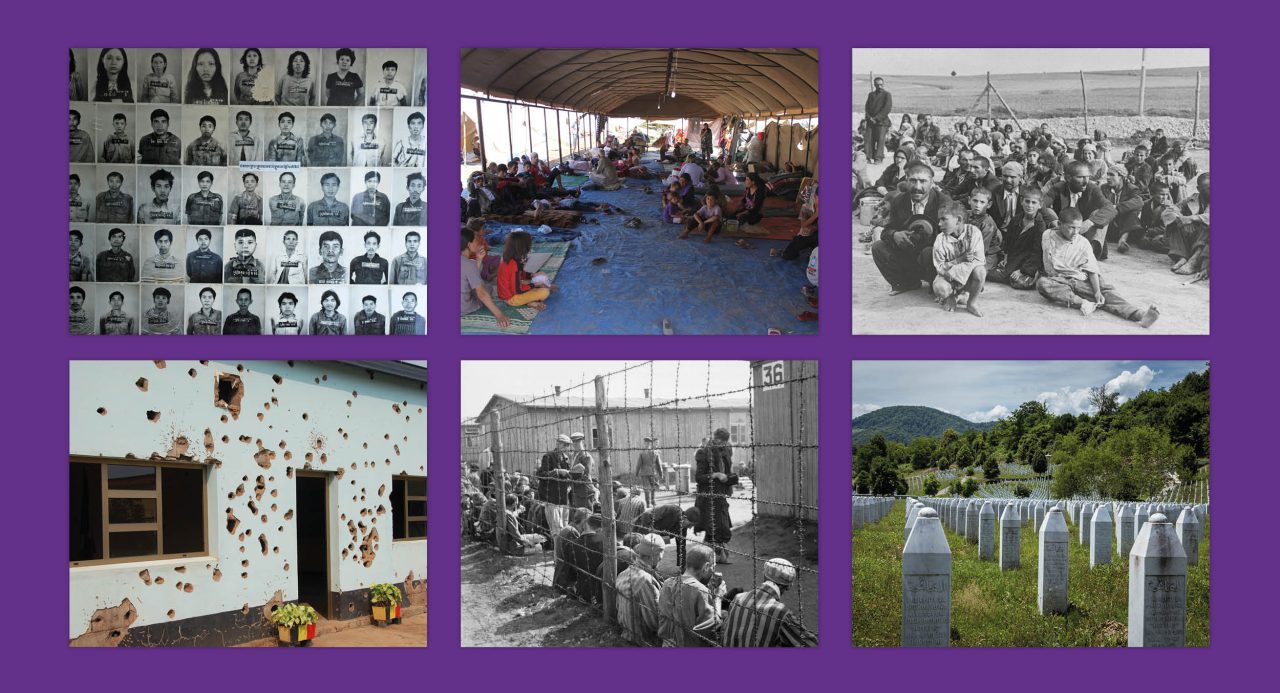
Whether you are organising an in-person event or using your social media accounts to mark Holocaust Memorial Day (HMD) you may wish to use images to engage those attending or viewing your activity. Images can inspire conversation to help you mark HMD in a meaningful and impactful way.
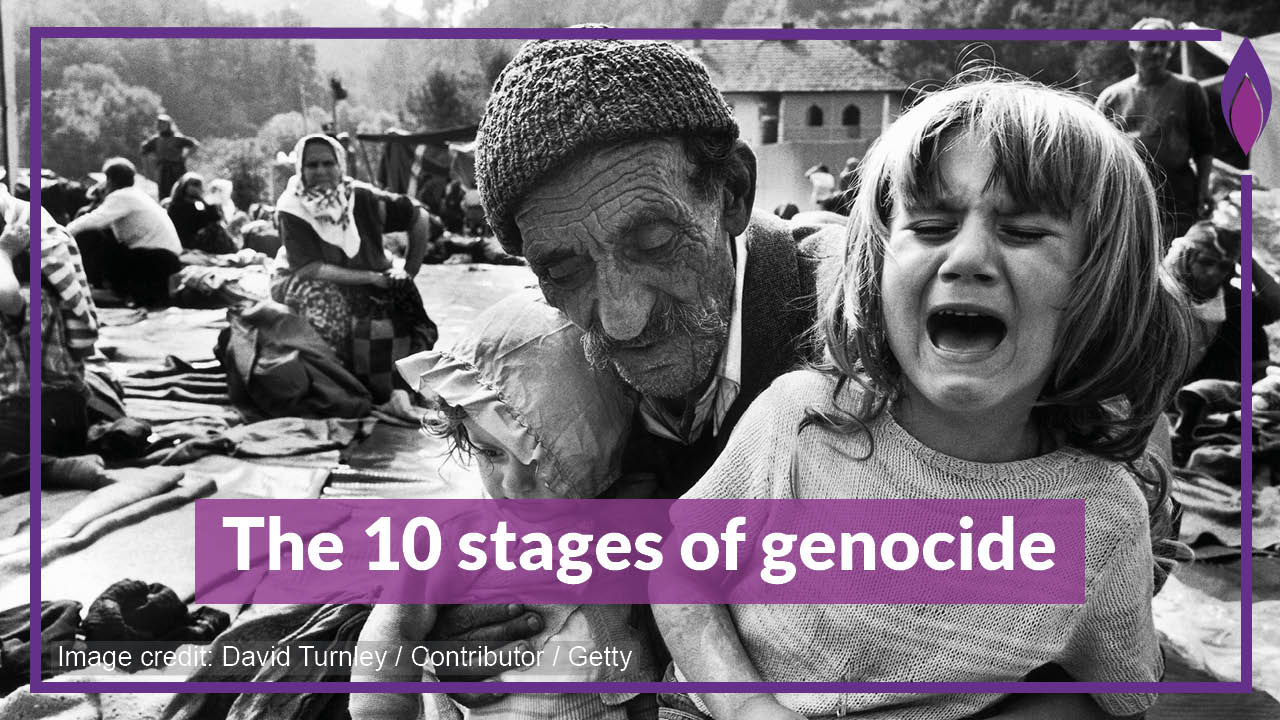
A selection of key videos and GIFs which are free to download and suitable for use on social media or to be shown at your Holocaust Memorial Day (HMD) activity.